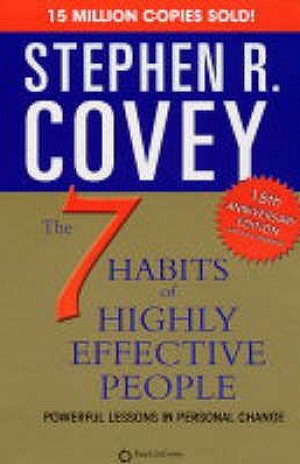I cam across two excellent blogs about "Do Now's" and lesson starts in general and it made me realise that a lot of my lesson starts involve closed "Do Now's". I suppose I have fallen into the trap of closed question Do Now's because it makes for quicker and easier marking/assessment and suits Computing quite well. Computing is a science afterall and so asking students to do closed problems like you might do in Maths seemed to make sense.
I then realised when I read the aformentioned article by @HFletcherWood's, that having closed questions probably encourages plaigirism and the belief in only one right answer. It also means that the activity by definitioncannot be low threshold and high ceiling-this is a big problem. Having also attended further training on Python programming, I realised that for many problems there is more than one correct answer.
My aim for next week then is to plan more activities where there is room for more open responses. I also think this will help slow down the pace somewhat. Often, I feel asthough I use Do Now's simply because it is school policy. I try to rush through all the correct answers, albeit using lollypop sticks to keep kids on their toes. The rush stems from me wanting to start the main activities. Perhaps this is a result of me feeling that time is tight. I lose 10 mins every lesson simply through taking out and returning laptops from a trolley. After a 3-5 minute do now and 5 minutes feeding back, that leaves 35 minutes for the rest of my lesson. I would usually try to plan something meaningful, challenging, with a solid outcome and genuine learning. At the end of the lesson, I'd also like to do extended plenaries and exit tickets, but realistically this is sometimes just not possible, hence why the start of my lesson is rushed.
After observing lessons and thinking about the burnout at the end of last term, I promised myself to slow down, do less and do "it" better. Having tried slower paced starts, I find that students are less confused; simply slowing the pace slightly allows them to process the new material and perhaps frame their questions more carefully.
In my next post, I hope to talk more about open tasks and questions that I have tried.
I then realised when I read the aformentioned article by @HFletcherWood's, that having closed questions probably encourages plaigirism and the belief in only one right answer. It also means that the activity by definitioncannot be low threshold and high ceiling-this is a big problem. Having also attended further training on Python programming, I realised that for many problems there is more than one correct answer.
Some example Do Now's from a unit of work about Python
My aim for next week then is to plan more activities where there is room for more open responses. I also think this will help slow down the pace somewhat. Often, I feel asthough I use Do Now's simply because it is school policy. I try to rush through all the correct answers, albeit using lollypop sticks to keep kids on their toes. The rush stems from me wanting to start the main activities. Perhaps this is a result of me feeling that time is tight. I lose 10 mins every lesson simply through taking out and returning laptops from a trolley. After a 3-5 minute do now and 5 minutes feeding back, that leaves 35 minutes for the rest of my lesson. I would usually try to plan something meaningful, challenging, with a solid outcome and genuine learning. At the end of the lesson, I'd also like to do extended plenaries and exit tickets, but realistically this is sometimes just not possible, hence why the start of my lesson is rushed.
Slow down, do less, do it better
After observing lessons and thinking about the burnout at the end of last term, I promised myself to slow down, do less and do "it" better. Having tried slower paced starts, I find that students are less confused; simply slowing the pace slightly allows them to process the new material and perhaps frame their questions more carefully.
In my next post, I hope to talk more about open tasks and questions that I have tried.












